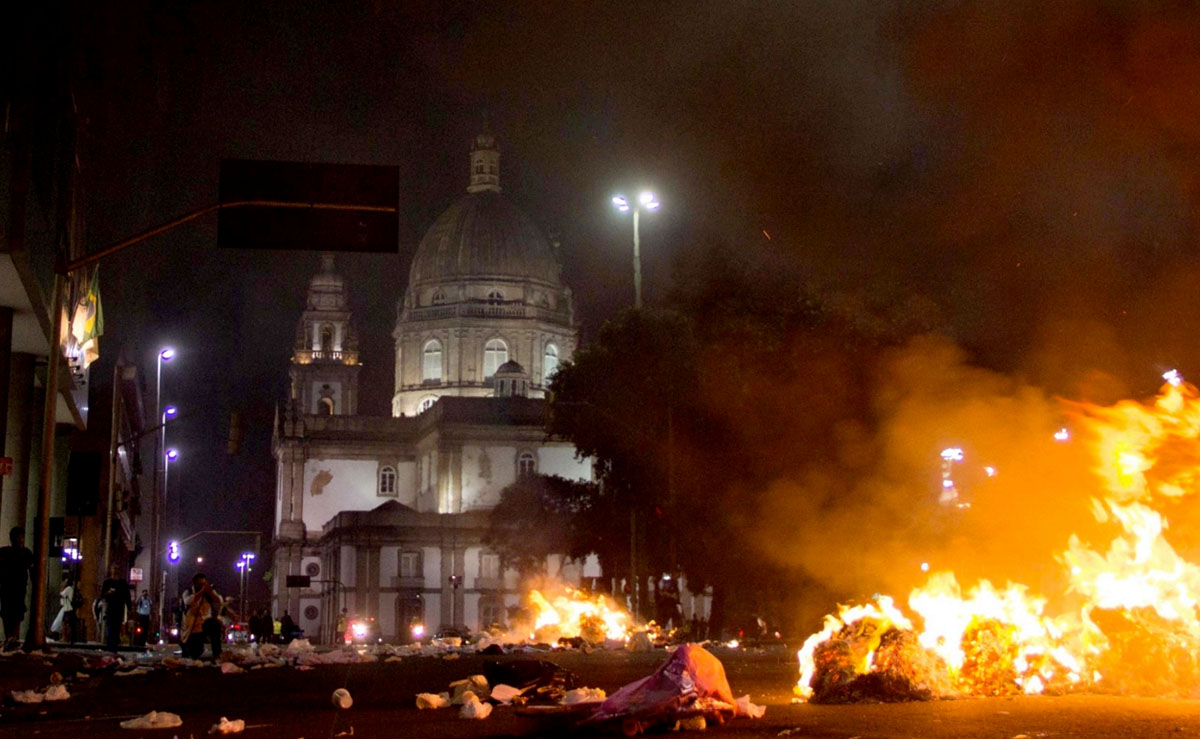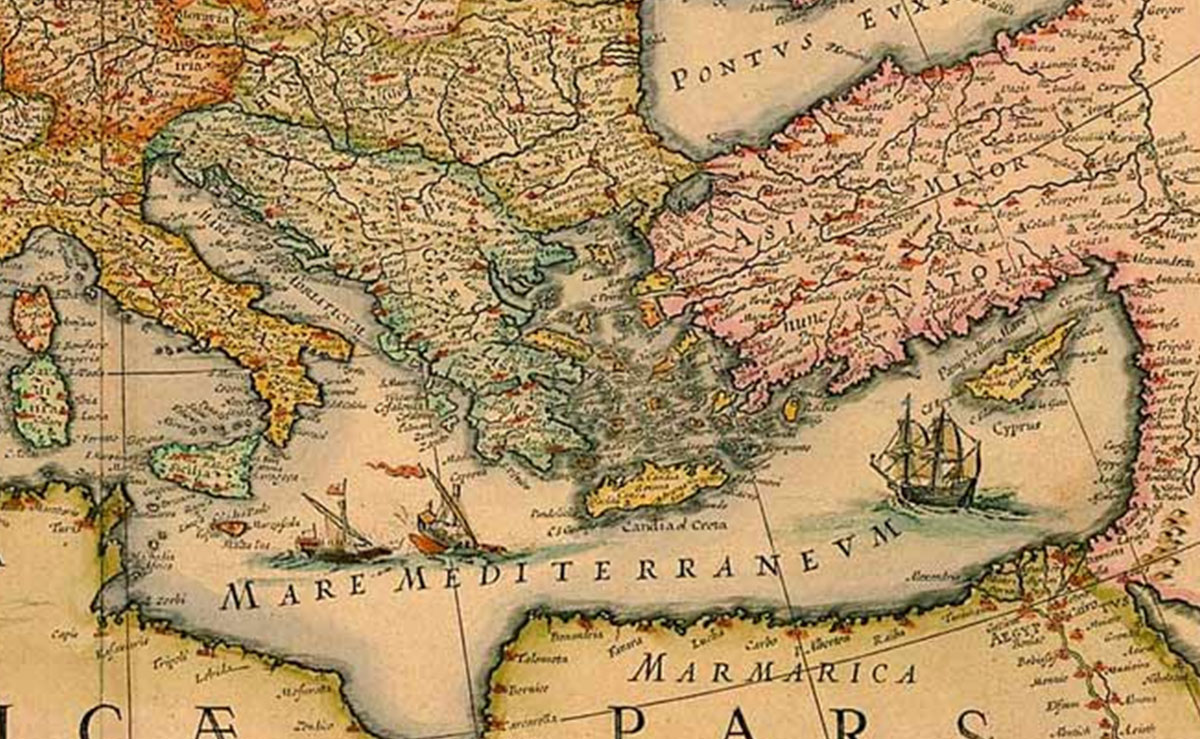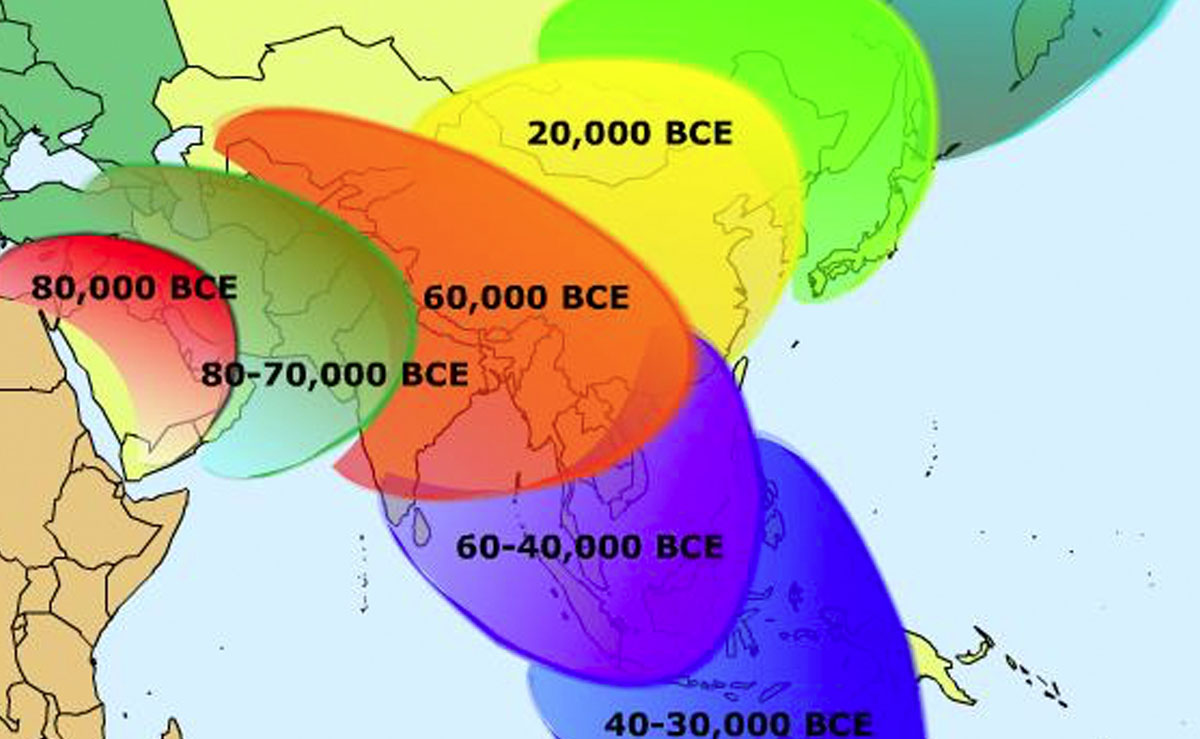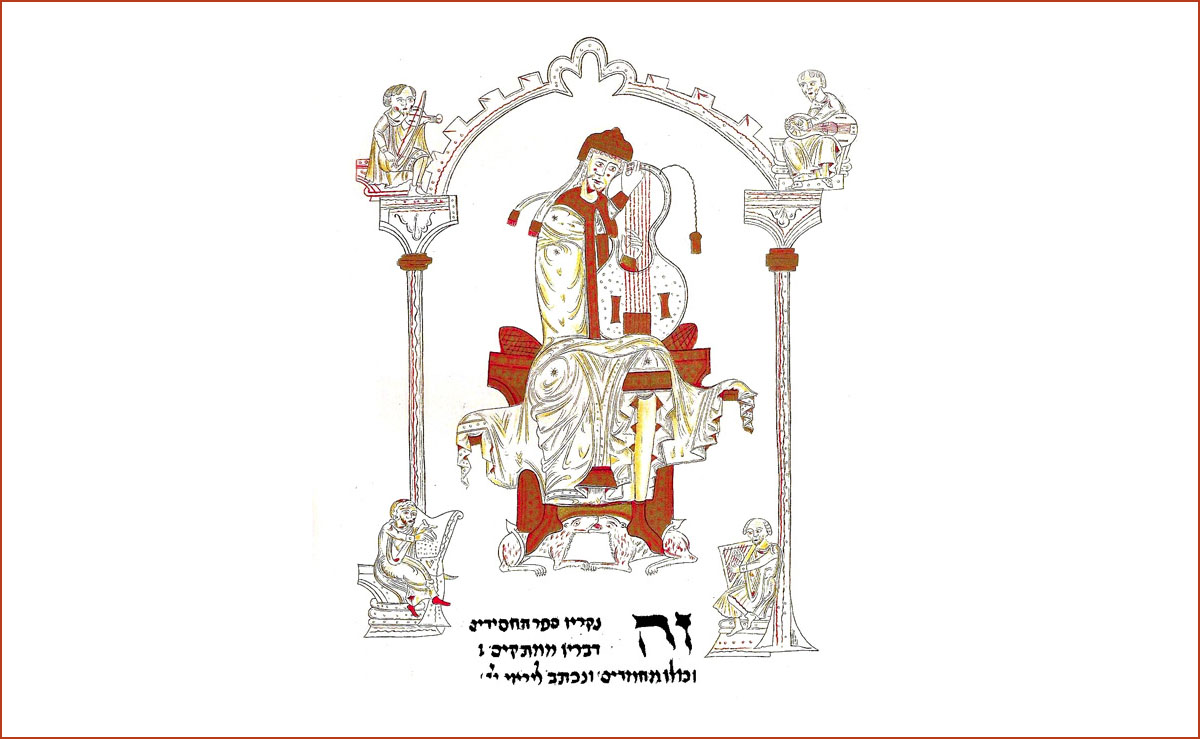This seminar explores the causes and consequences of race politics around the world, using theories and methods from political science to elucidate substantively important questions. The course begins by considering the very concept of race, and how it compares with the related notion of “ethnicity”. Students study the making and unmaking of white supremacy, “racial democracy”, and other racial orders, including the cases of South Africa, the United States, and Brazil. Other topics include conflict over census categories; preference policies; and the effects of racial diversity on trust.
Author: Ben Johnston (Page 10 of 10)
Ben Johnston is Senior Educational Technologist in the McGraw Center for Teaching and Learning, a unit of the Office of the Dean of the College, Princeton University.
This project developed out of ART330/HLS331: Venice and the Mediterranean in the Spring of 2007. The course explored the artistic and cultural geography of Venice’s Mediterranean empire, known as the stato da mar, from its beginnings in 1204 to the loss of Crete in 1669. During a 9-day trip to Crete, sponsored by the Program in Hellenic Studies, students discovered a unique cultural palimpsest, with layers of physical remains from the Minoan, Roman, Byzantine, Venetian, and Ottoman periods still visible in the cities and the countryside. The class then collaborated on the construction of the website, using photographs made on the trip and providing commentaries for a defined group of monuments.
This interactive map encapsulates work done by the students of Art 440, Venice in its Golden Age, Fall 2007. The aim of this interdisciplinary seminar was to explore the art and architecture of Renaissance Venice in the context of its rich cultural heritage and unique political and social system.
The Mapping Globalization website is intended for everyone interested in globalization. The main goal of the website is to make empirical work on globalization as widely accessible as possible. The website offers an expanding set of resources for students, instructors, and researchers, and provides a forum for empirical research on globalization.
The Princeton University Sefer Hasidim Database (PUSHD) includes fourteen manuscripts containing different versions of Sefer Hasidim and its fragments.
http://etc.princeton.edu/sefer_hasidim
Featuring animated transformations of Arabic and Latin letters of the alphabet and audio recordings of vocabulary, the Arabic Alphabet website facilitated mastery of the Arabic alphabet in Intensive Arabic






